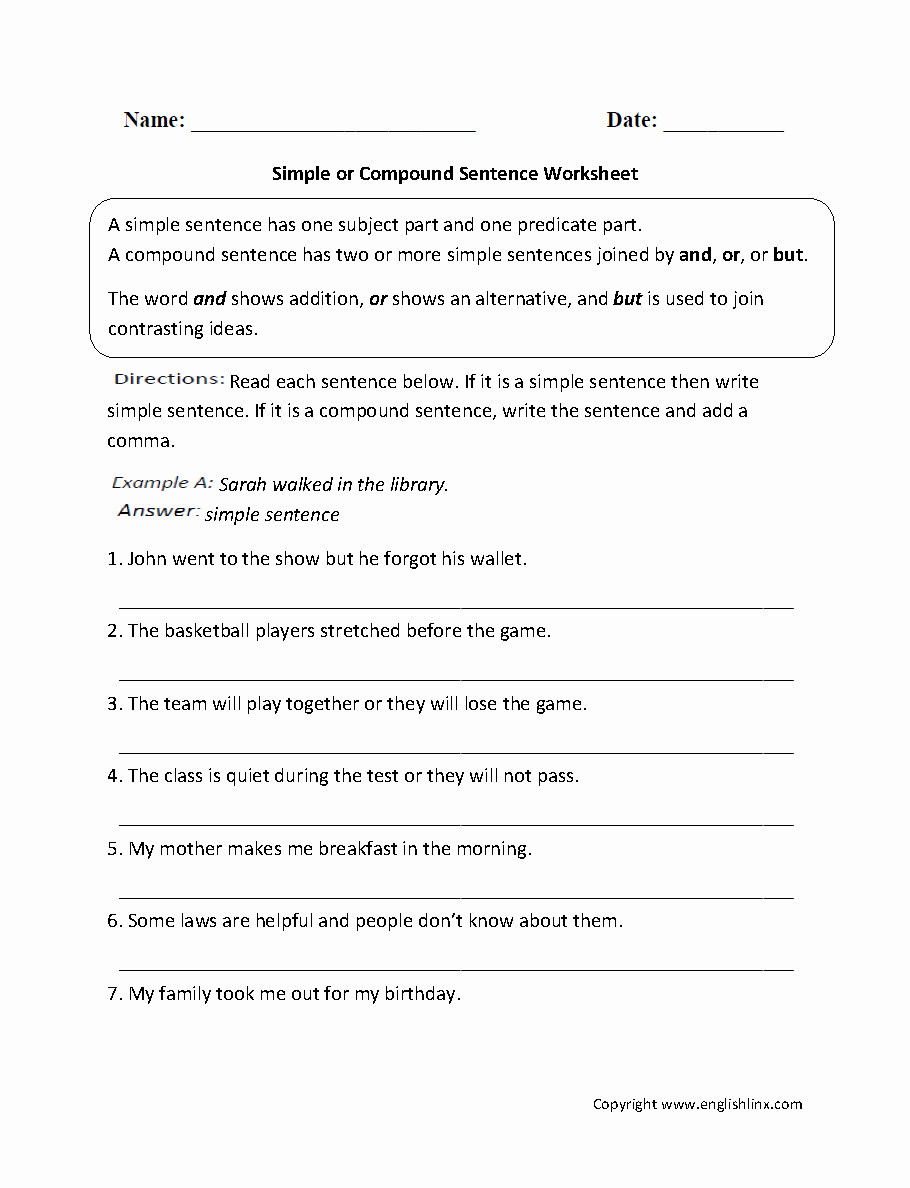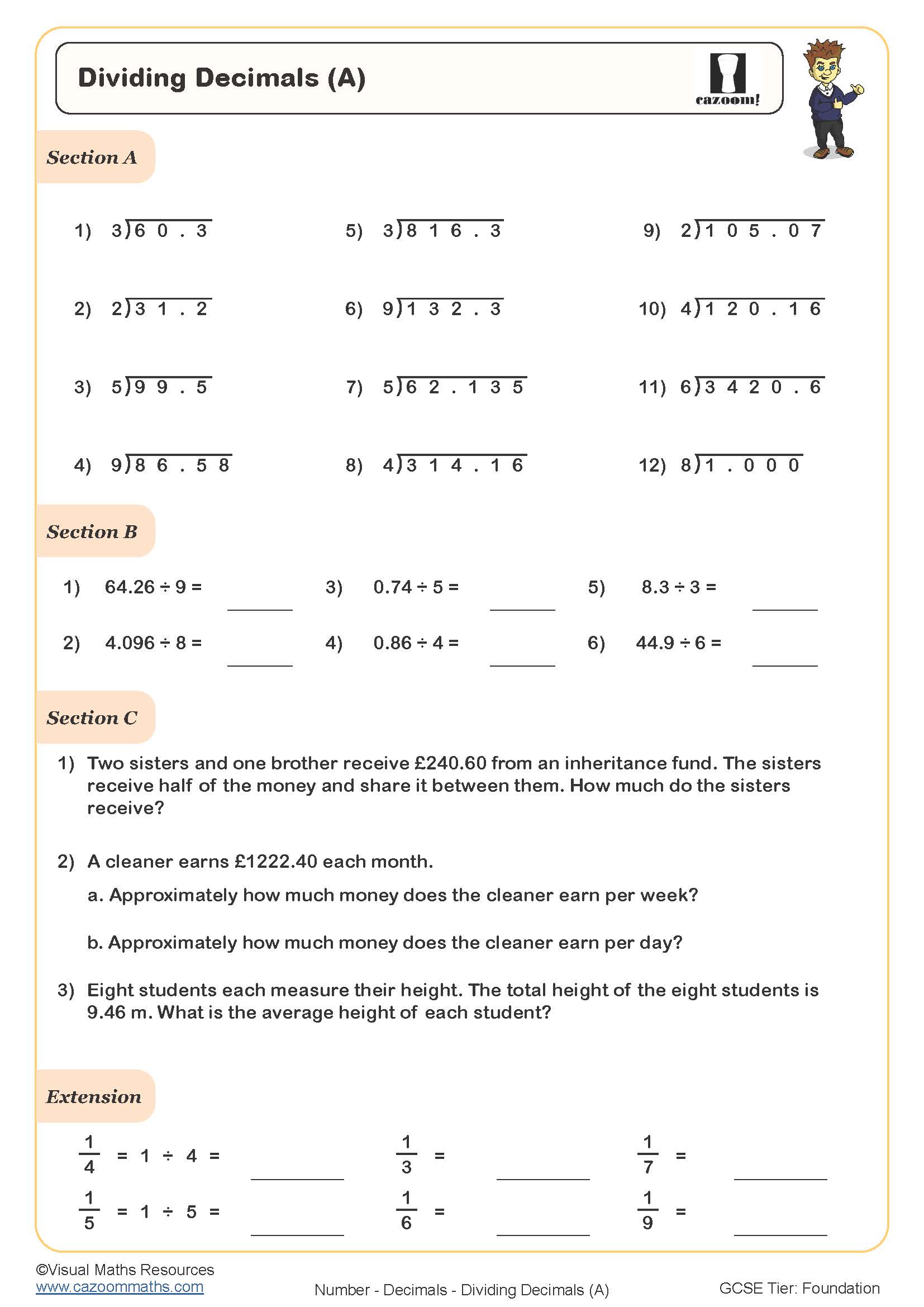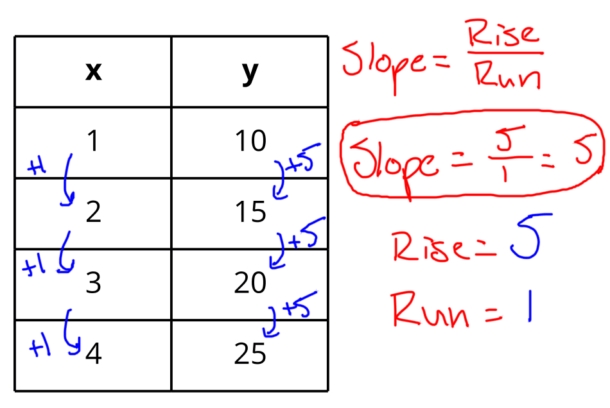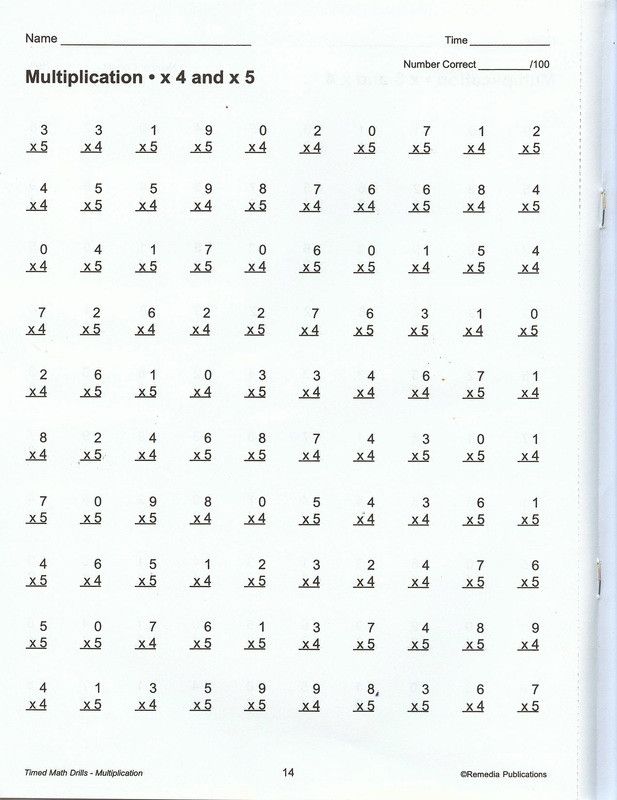5 Ways to Master Compound and Complex Sentences

Mastering compound and complex sentences can elevate your writing skills and make your content more engaging and sophisticated. These sentence structures allow you to convey multiple ideas in a single sentence, making your writing more efficient and effective. In this article, we will explore five ways to master compound and complex sentences.
Understanding Compound and Complex Sentences
Before we dive into the strategies for mastering compound and complex sentences, let’s define what they are. A compound sentence is a sentence that contains two or more independent clauses joined by a conjunction. An independent clause is a group of words that contains a subject and a verb. For example:
- I went to the store, and I bought some milk.
In this sentence, “I went to the store” and “I bought some milk” are two independent clauses joined by the conjunction “and.”
A complex sentence, on the other hand, is a sentence that contains an independent clause and one or more dependent clauses. A dependent clause is a group of words that contains a subject and a verb but cannot stand alone as a complete sentence. For example:
- I went to the store because I needed to buy some milk.
In this sentence, “I went to the store” is an independent clause, and “because I needed to buy some milk” is a dependent clause.
Strategy 1: Use a Variety of Conjunctions
To master compound and complex sentences, it’s essential to use a variety of conjunctions. Conjunctions are words that join two or more clauses together. Here are some common conjunctions used in compound and complex sentences:
- Coordinating conjunctions: and, but, or, nor, for, so, yet
- Subordinating conjunctions: because, since, after, although, though, unless, until
Using a variety of conjunctions will help you create more interesting and sophisticated sentences. For example:
- I went to the store, but I forgot to buy milk. (compound sentence)
- I went to the store because I needed to buy some milk. (complex sentence)
Strategy 2: Identify Independent and Dependent Clauses
To write effective compound and complex sentences, you need to be able to identify independent and dependent clauses. An independent clause is a group of words that contains a subject and a verb, while a dependent clause is a group of words that contains a subject and a verb but cannot stand alone as a complete sentence.
Here are some examples of independent and dependent clauses:
- Independent clauses:
- I went to the store.
- She is studying for her exam.
- Dependent clauses:
- because I needed to buy some milk
- although she is tired
Once you can identify independent and dependent clauses, you can start combining them to create compound and complex sentences.
Strategy 3: Use Subordinating Conjunctions to Introduce Dependent Clauses
Subordinating conjunctions are used to introduce dependent clauses. Here are some common subordinating conjunctions:
- because
- since
- after
- although
- though
- unless
- until
Using subordinating conjunctions will help you create complex sentences that are clear and effective. For example:
- I went to the store because I needed to buy some milk.
- She is studying for her exam although she is tired.
Strategy 4: Use Relative Pronouns to Introduce Dependent Clauses
Relative pronouns are used to introduce dependent clauses that provide additional information about a noun. Here are some common relative pronouns:
- who
- which
- that
- whom
- whose
Using relative pronouns will help you create complex sentences that are clear and concise. For example:
- The woman who is standing over there is my friend.
- The book that is on the table is mine.
Strategy 5: Read and Imitate Complex Sentences
One of the best ways to master compound and complex sentences is to read and imitate complex sentences. Read books, articles, and other types of writing that contain complex sentences. Pay attention to how the writer uses conjunctions, relative pronouns, and other techniques to create complex sentences.
Then, try imitating the sentences you read. Start by rewriting the sentences in your own words. Then, try creating your own complex sentences using the same techniques.
📝 Note: Mastering compound and complex sentences takes practice. Don't be discouraged if it takes time to get the hang of it. Keep reading, writing, and practicing, and you will eventually become proficient in using compound and complex sentences.
Mastering compound and complex sentences is an essential skill for any writer. By using a variety of conjunctions, identifying independent and dependent clauses, using subordinating conjunctions to introduce dependent clauses, using relative pronouns to introduce dependent clauses, and reading and imitating complex sentences, you can create sophisticated and effective sentences that will elevate your writing.
In summary, mastering compound and complex sentences requires practice, patience, and a willingness to learn. By following these strategies, you can improve your writing skills and create more engaging and sophisticated content.
What is the difference between a compound and complex sentence?
+
A compound sentence is a sentence that contains two or more independent clauses joined by a conjunction. A complex sentence is a sentence that contains an independent clause and one or more dependent clauses.
What are some common conjunctions used in compound and complex sentences?
+
Common conjunctions used in compound and complex sentences include coordinating conjunctions (and, but, or, nor, for, so, yet) and subordinating conjunctions (because, since, after, although, though, unless, until).
How can I improve my skills in writing compound and complex sentences?
+
You can improve your skills in writing compound and complex sentences by reading and imitating complex sentences, practicing writing your own complex sentences, and using a variety of conjunctions and relative pronouns.
Related Terms:
- Compound-complex sentence examples
- Compound-complex sentence exercise
- compound-complex sentence pdf



